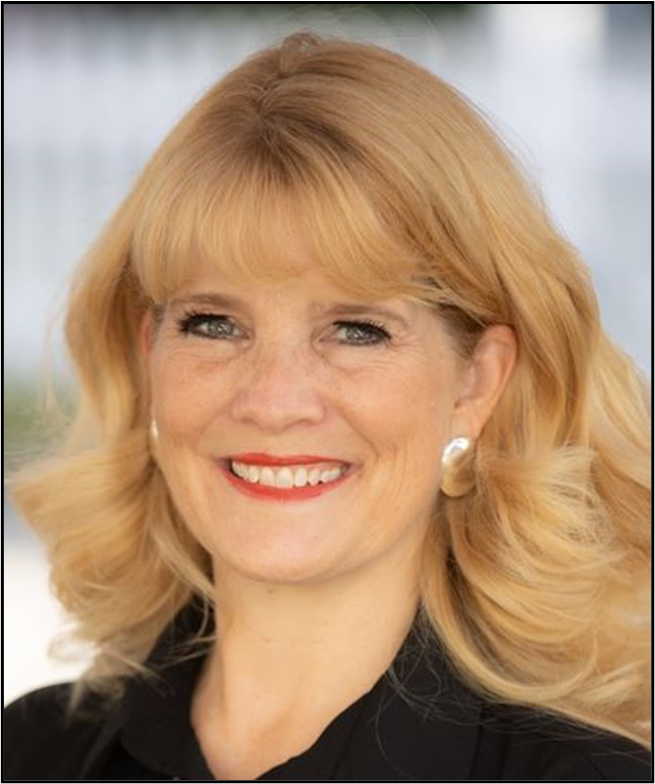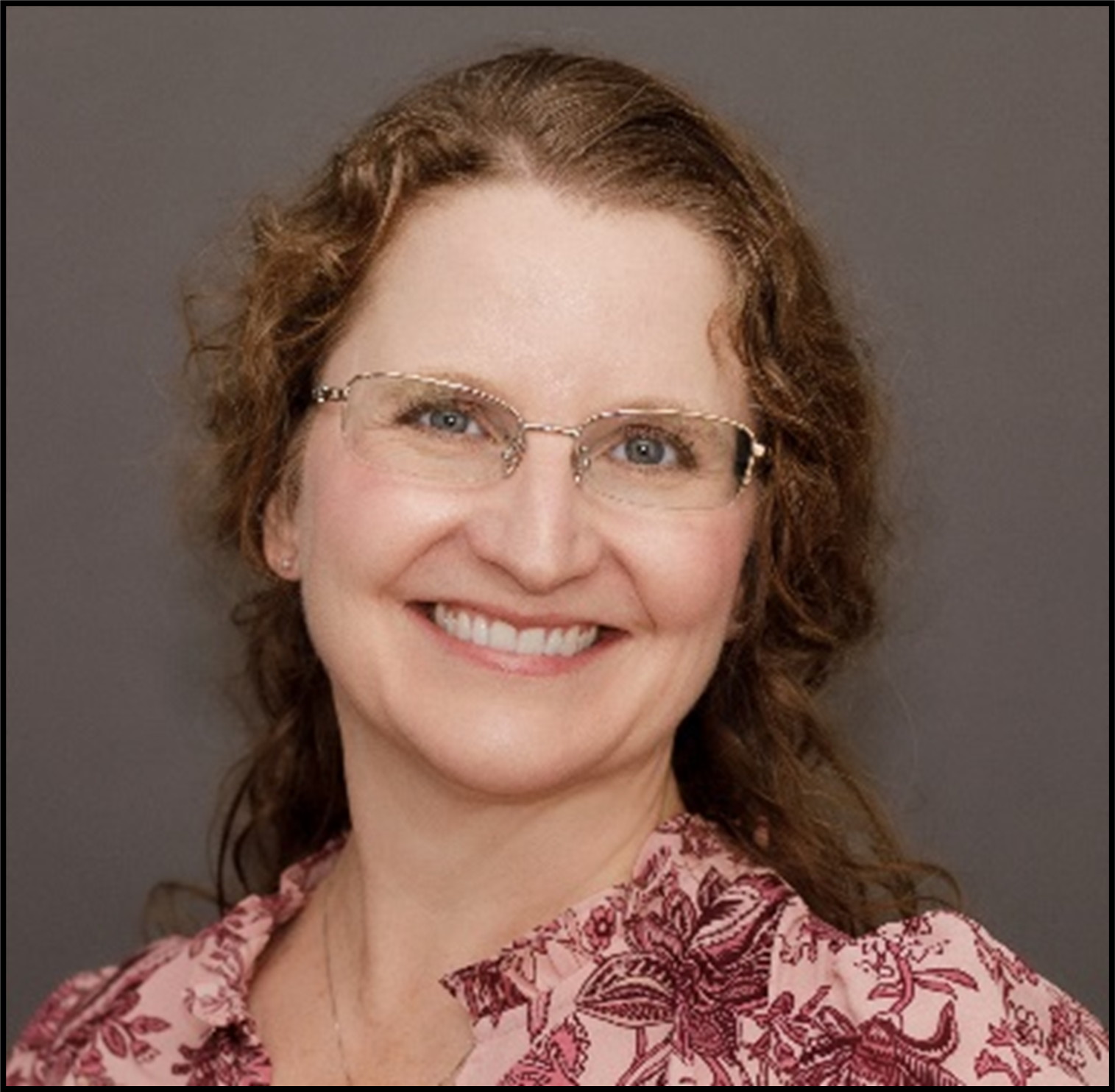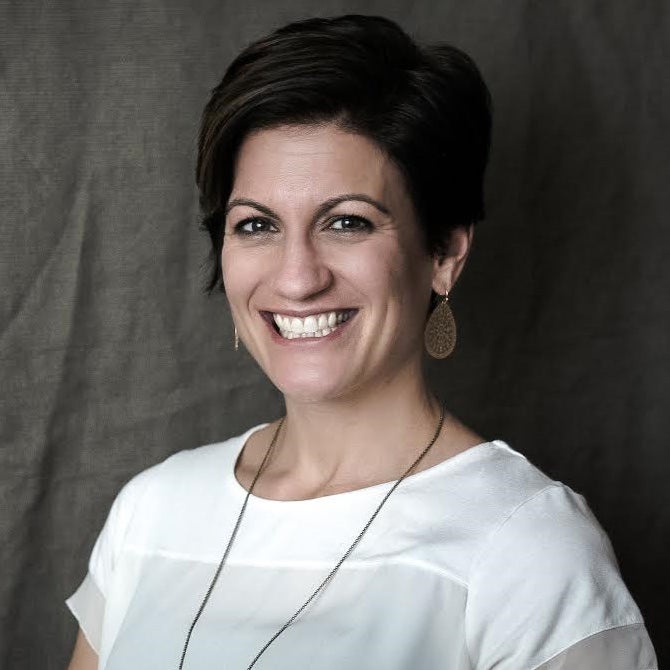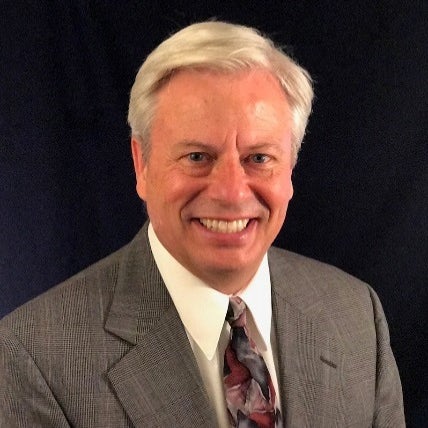Daniel Jocz
2016 California Teacher of the Year
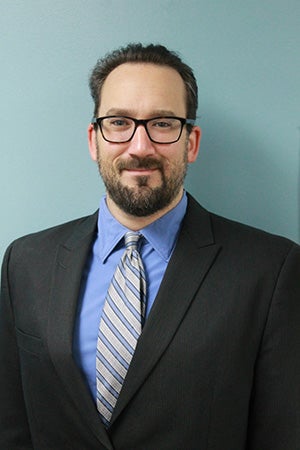
Daniel Jocz is a product of Los Angeles Unified School district public schools. These experiences inspired him to want to become a teacher who would not only elevate student learning, but also the teaching profession. His journey to fulfill this dream involved hour-long bus rides to UCLA and working fulltime to pay for undergraduate and graduate school. As the first in his family to go to college, he never dreamt he would graduate magna cum laude from UCLA with a degree in history and follow-up it up with a Masters thesis entitled "Culturally Responsive Education: No Culture Left Behind."
Daniel currently teaches Social Studies and is the Leadership Advisor and Service Learning Coordinator at Downtown Magnets High School. DMHS is a public high school in Los Angeles in which 81% of the students are eligible for Title I services. As a Title I magnet school, DMHS continues to be committed to educating all students and remains dedicated to the original mission of the magnet program: school desegregation, providing open enrollment, and promoting diversity.
Over the past twelve years Mr. Jocz, in collaboration with his hardworking students, has developed one of the most successful AP U.S. History programs in the country. Since 2010 the pass rate has averaged above 90%, all the while keeping the course open to anybody ready for the challenge and commitment. His desire to share this success with students and teachers across the country led Mr. Jocz to create history videos for his YouTube channel Jocz Productions. To date, over 18 million minutes of Jocz's history videos have been have been viewed.
A 2011 UTLA Platinum Apple Award winning teacher, Daniel Jocz has traveled to 36 countries. He has participated in six international teaching programs which have served the purpose of not only broadening his content knowledge, but also have allowed him to collaborate with educators from around the world and to internationalize his curriculum. Recently he was selected as the 2016 California Teacher of the Year and was one of four finalists for National Teacher of the Year.
Erica Rood
Recipient of the Presidential Award for Excellence in Mathematics and Science Teaching
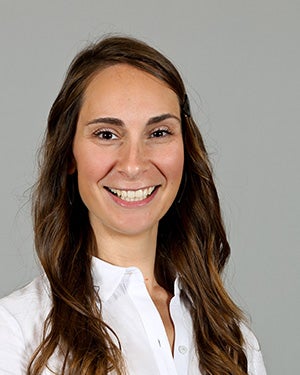
Erica Rood received her undergraduate degree in Musical Theater from The University of California, Los Angeles. She attained her elementary multiple subject credential from CSUN, and is here today to celebrate her graduation from Elementary Education's Curriculum & Instruction Master's program in collaboration with NASA. As a leader in STEM innovation in education, Ms. Rood has enjoyed working with NASA to create curriculum to inspire elementary students in participating in STEM disciplines. Ms. Rood recently authored the Science, Technology, Math, Engineering, and Arts integration chapter in the Center for Teaching and Learning's book entitled What Really Works in Elementary Education (2015).
She is a passionate leader of educational innovation presenting at both local and state conferences in the areas of Science, Writing, and Arts Integration.
Ms. Rood was recognized this year as a distinguished teacher not only by the Bill and Melinda Gates Foundation, but by the California Department of Education and their TEACH California initiative for her leadership and commitment to the profession
As the California recipient for the Presidential Award in Excellence in Mathematics and Science Teaching, Ms. Rood ardently believes that all students are capable of learning. She ascribes to Socrates words, "Wisdom begins in wonder" and hopes to inspire her students to be both curious and inquisitive in all content areas. She currently teaches 3rd grade at CHIME Charter in Woodland Hills, a fully inclusive K-8 school, and hopes one day to be the first teacher and ballerina in space.

Sean McComb
2014 National Teacher of the Year
Sean McComb is a 9-12th grade English teacher at Patapsco High School & Center for the Arts in Baltimore, Maryland. He is currently completing his eighth year as an educator and has been at Patapsco since beginning his teaching career.
“A strong teacher-student relationship facilitates the opportunity for deeper learning and more critical thinking,” says McComb. He firmly believes that public education is the foundation for opportunity and success for any child. In addition to his role as an English instructor, McComb helped develop, and continues to spearhead, Patapsco’s Advancement Via Individual Determination (AVID) program which boasted a 98% college acceptance rate for its last two graduating classes. He was recognized by Baltimore County for his outstanding leadership of the AVID program.
McComb’s devotion to the teaching profession extends beyond the classroom as well. He also coaches the Patapsco Cross Country Team, supervises cultural exchange programs, and has led several university training sessions and presentations for future teachers. McComb says that he has found his purpose in teaching stating, “I have worked to engage my students and push them to achieve the excellence within them. Every child deserves nothing less, and my calling is to champion that effort.”
McComb is a member of several professional education associations and has received numerous awards and recognitions, including the Capital One Community Champion Award (awarded by the WNBA’s Washington Mystics in 2013). He holds a B.A. in English Literature and a Masters of Education in English Literature from the University of Pittsburgh. He also holds a Certificate in School Improvement Leadership from Goucher College.
Bio from http://www.ccsso.org/ntoy.html
About our 2015 Special Guest Speakers
Rebecca Mieliwocki, 2012 National Teacher of the Year
7th grade English teacher, Burbank CA | 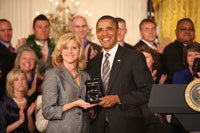 |
Amy Laughlin, 2015 CA Teacher of the Year
Hansen Elementary School, Orange County CA | 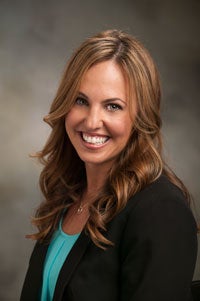 |
Tim Smith, 2014 CA Teacher of the Year
Math, Florin High School, Elk Grove Unified CA | 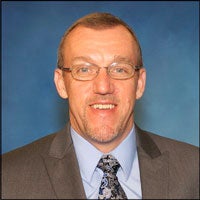 |
Tawyna Pringle, 2015 CA Counselor of the Year
Hoover High School, San Diego, CA | 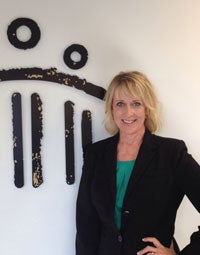 |
| Katie Ferguson, 2012 New York Teacher of the Year | 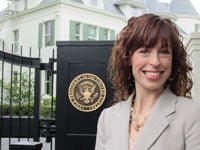 |
Shelby Aaberg, 2015 Nebraska Teacher of the Year,
2013 Presidential Award finalist for Math & Sciences | 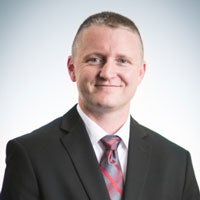 |
About our 2015 Presentations
Site Principal: Collaboration, not Confrontation, with the District Office
Strand(s): Administration, Collaboration
K-12
The relationship between the site administrator and the district office is critical to the successful operation of a school. This session will look at how the district office, specifically the human resources division and the business services division can work collaboratively with the site principal to recruit quality staff without negatively impacting the district’s budget.
Dr. Jody Dunlap, CSUN
Implementing cooperative learning groups: A practical guide for project-based learning
Strand(s): Instruction, Collaboration
K-12
A major aspect of the new Common Core is the implementation of “inquiry-learning” or “project-based learning.” Before it vanished with No Child Left Behind, this methodology used to have a different name and was highly popular and widely successful. It was called “Cooperative Learning.” This workshop reintroduces you to this excellent methodology, one that will be critical to successful Common Core implementation.
Dr. Scott Mandel, LAUSD
More Stuff! Less Fluff!
Strand(s): Special Populations, Instruction
K-12
Gifted kids need more than the questions at the back of the book - they need CHALLENGE! They need DIFFERENT, not “more” work! Using Bloom’s Taxonomy, the standards, and creative, critical and conceptual thinking, this session explores how to excite, enrich and energize your gifted learners so that you are meeting ALL of your students’ needs (including your twice-exceptional learners…) !
Dr. Claire E. Hughes, College of Coastal Georgia
Elementary Arts Integration in Action
Strand: Instruction, Content
Elementary
The presenters will describe an arts integrated unit and guide you through a mini-art challenge highlighting the valuable contribution of the arts in learning. Don’t worry. You won’t be comparing your work to others! You will be sharing ideas and gaining a better understanding of arts integration.
Dr. Mary Wolf, Daemen College; Ms. Ann Fontaine-Lewis, Seaford School District NY; Ms. Beth Thompson, Baltimore County Schools MD
The ABCs of Secondary Art Instruction
Strand: Content, Instruction
Secondary
The presenter will describe the ABCs of art instruction and guide you through a mini-art challenge that will highlight the key aspects of autonomy, belonging, and competence. Don’t worry ~ you won’t be comparing your work; you will be sharing your thoughts and ideas while gaining a better understanding of art instruction.
Dr. Mary Wolf, Daemen College
Rewarding Reading Practices
Strand: Content, Instruction
Elementary
Participants will learn about different ideas and strategies to create effective reading instruction for elementary students, such as: how to teach vocabulary and comprehension, how to use graphic organizers to engage students, how to build motivation, and how to authentically integrate technology into reading instruction. Practical ideas for implementation will be shared.
Dr. Renee Ziolkowska, CSUN
Successful Teaching Strategies for a Low Income School
Strand: Instruction, Collaboration? Special Pops?
Secondary
Low income does not have to mean low performing. One hundred percent of Florin High School’s students are on free lunch. Recognized by the US Department of Education as one of the top four schools in the nation for closing the achievement gap. The CA Teacher of the Year will share a few teaching strategies that the Florin teachers have found to be successful.
Tim Smith, CA 2014 Teacher of the Year
The Next Generation in Science is Now
Strand: Content, Instruction
Elementary
Come ready to unpack the new Next Generation Science Standards! This session will help familiarize you with the layout of the NGSS, as well as understand how to use them to more effectively do what works during science in the elementary classroom. Participants will leave being able to identify the structure and sequence of the NGSS at their grade level. Teachers will also discuss and walk away with strategies and technology resources to help them implement the NGSS with their science curriculum and instruction the Monday after the conference!
Erica Rood, CA Science Finalist
Helping Students with Social Challenges at School
Strand: Special Populations, Instruction
K-12
In this session, we’ll discuss how to recognize social challenges in the school setting and why it is so important to teach social skills during school time. But how? Come and learn how to incorporate social intervention strategies into everyday teaching practices.
Dr. Michelle Dean, California State University, Channel Islands
Cultural Wealth for Deaf Students Who Are In General Education Classes
Strand: Special Populations, Instruction
K-12
This session will introduce participants to the concept of Deaf Community Cultural Wealth (DCCW). DCCW will be discussed within the context of educating Deaf students, particularly those in typical general education classrooms. Concepts and strategies will be provided for creating awareness of, and maximizing DCCW, as well as other best practices for Deaf students in general education classrooms.
Drs. Flavia Fleischer, Will Garrow, Rachel Friedman Narr, CSUN
Let’s Get Real about Informal Assessment: Strategies that Won’t Test Your Sanity!
Strand: Assessment, Instruction
K-12
Let’s talk about assessment! Participants in this fun, engaging, and highly interactive session will explore, practice, and discuss research-based strategies and tools to make informal assessments useful and do-able in your classroom. Come ready to ask questions, learn from your colleagues, and have more fun with assessment than you ever thought possible!
Dr. Brooke Blanks, Radford University (VA)
Collaborating Effectively with Families: Making Schools Not Just Student-Friendly, but Family-Friendly
Strand: Families, Special Populations, Collaboration
Secondary
The ability to collaborate effectively with parents and other family members is often acquired through on-the-job training during a teacher’s first few years in a classroom. This session will provide practical ideas and strategies that can be used when working with families.
Assistant Dean Nancy Sileo, University of Northern Colorado
Positive Behavioral Supports: Practical Tips and Tricks for Teachers
Strand: Behavior, Instruction
K-12
This interactive session will provide an overview of Positive Behavioral Supports with an emphasis on classroom level applications. A variety of evidenced-based strategies, resources, and materials will be provided.
Dr. Jennifer D. Walker, University of Mary Washington (VA)
Dr. Brittany L. Hott, Texas A&M University- Commerce (TX)
Teaching Writing Right – at ALL Grade Levels
Strand: Content, Instruction
K-12
Kelly Gallagher tell us: “Assigning writing is easy. Teaching writing is hard.” Hard, but not impossible! In this interactive session, you will learn key principles for effective writing instruction and classroom-tested instructional strategies to put those principles into productive practice.
Dr. Kathleen Rowlands, CSUN
Self-Care and Stress-Coping Strategies for Educators and Parents
Strand: Instruction
K-12
Through a variety of workshop activities, participants will learn how to recognize and cope with stress in the workplace and in their personal lives. They will gain a wealth of tips, strategies, and skills on how to care for themselves and keep balance and health in their lives.
Dr. Shari Tarver-Behring & Dr. Carolyn Jeffries, CSUN
Secondary Literacy & Reading
Strand: Content, Instruction
Secondary
Are you trying to teach secondary content and finding that not all of your students are reading? Want to have concrete strategies for helping them read? This session is for you! Come learn about a reading process that you can really apply in the secondary classroom.
Dr. Mira Pak, CSUN
Literacy Development and Content-Based Instruction: Creating Lifelong Language Learners
Strand: Instruction, Special Populations
K-12
This session will provide participants with research-based strategies for addressing the needs of English language learners and their families through multiple literacies, specifically, storytelling, digital media, authentic literature and culturally responsive pedagogy.
Dr. Shartriya Collier, CSUN
Let’s Not Fight: Ways to Effectively Engage with Challenging Parents
Strand: Collaboration, Families
K-12
During this session, attendees will be presented with information on ways to effectively engage difficult parents in the education setting. Research on difficult parent interactions and best practices to promote effective engagement will be reviewed. Lastly, attendees will receive take-away tools that can be used to improve interactions with difficult parents.
Dr. Shyrea Minton, CSUN
Reading for Information and Reading for Fun!
Strand: Instruction, Content
Elementary
Participants will learn pre-reading, during reading, and after reading strategies to engage elementary students in nonfiction and help build strong content knowledge and vocabulary. Teachers will leave with a concrete list of top-notch and super fun engagement techniques to pique their students’ interest and enjoyment of content area reading.
Ms. Katie Ferguson, 2012 New York Teacher of the Year
Oh no, Thank you! Effective strategies for classroom management
Strand: Instruction
Elementary
Need some great tips for creating a smooth, well-run classroom? This is your session! Find out what a state teacher of the year thinks are the most key techniques for procedures, rules, and strategies in creating a classroom that both kids- and the teacher- enjoy.
Ms. Katie Ferguson, 2012 New York Teacher of the Year
Differentiation and Inclusion for All Learners
Strand: Instruction, Special Populations
K-12
Looking for strategies and systems to reach all learners in your classroom? Want to make sure your school can meet the needs of all children in the Least Restrictive Environment? Hoping to use research based strategies to design instruction for all students? Come work with two folks who know inclusive schools inside out as we examine best practices for differentiation and inclusive strategies and help you make a plan for implementing those strategies at your school.
Dr. Erin Studer, CHIME Institute, & Dr. Amy Hanreddy, CSUN
Co-Teaching: It’s more than sharing a space
Strand: Instruction, Collaboration
K-12
In order to embrace inclusive education and differentiation, schools nationally are embracing “co-teaching.” For many though, this merely means throwing two adults in the same room, with no training or support. Come to this session to find out what co-teaching should look like, while learning practical strategies for making even an arranged marriage work!
Dr. Wendy Murawski, CSUN CTL
Adopting the UDL Frame of Mind
Strand: Instruction, Special Populations
K-12
Incorporating Universal Design for Learning (UDL) into daily instruction can revitalize your students. Adopting a UDL frame-of-mind means recognizing that we all learn differently and that we can use those differences to enhance instruction, rather than hinder it. This presentation will offer some helpful and practical tips to begin to use UDL in your classroom.
Dr. Tamarah Ashton, CSUN
Getting secondary students with disabilities ready to succeed in college
Strands: Special populations, Instruction
Secondary
Outcomes for college students with disabilities, especially autism, are dismal. As more students with disabilities head to campuses for a college experience, secondary educators will have to refocus their efforts and develop strategies which prepare students with disabilities for the academic and social demands of college. The session will provide the participants with practical information on how to help students with disabilities succeed in college.
Dr. Ivor Weiner, Director, Family Focus Resource Center
Inclusive Administration: Practical Tips for the Busy Administrator
Strand: Administrators, Collaboration
K-12
The inclusive administrator provides guidance to all students in the school, whether they are in a general education curriculum or receiving services through a special education program. This session will provide you with some practical tips for better communication with teachers and parents, a look at some of the legal aspects of special education, and some best practice ideas to take back to your school.
Dr. Christine Hayashi, J.D., Educational Leadership & Policy Studies, CSUN
Teaching Writing Right
Strands: Content, Instruction
K-12
Why do so many educators make writing instruction more complex than it needs to be? While there are no magic tricks or silver bullets, there are proven principles that any teacher can apply to practically guarantee lasting improvements in student writing.
Dr. Kathy Rowlands, Director, Cal State Northridge Writing Project, CSUN
